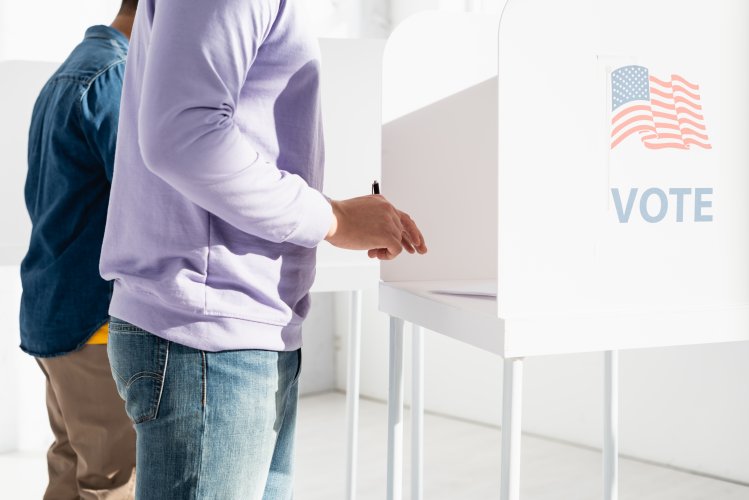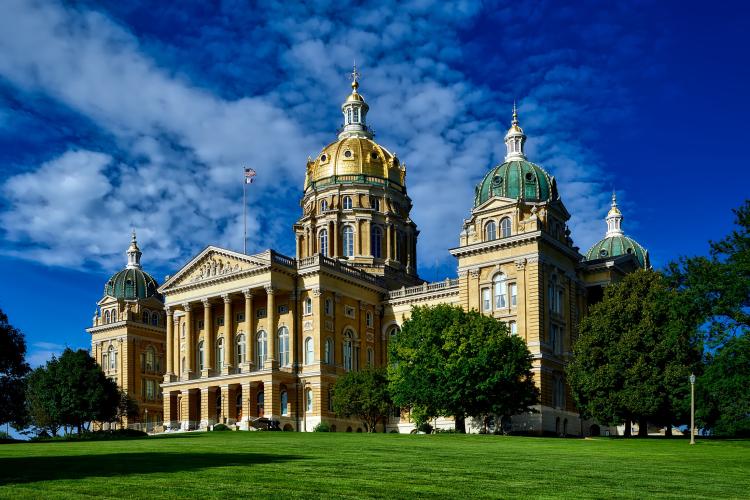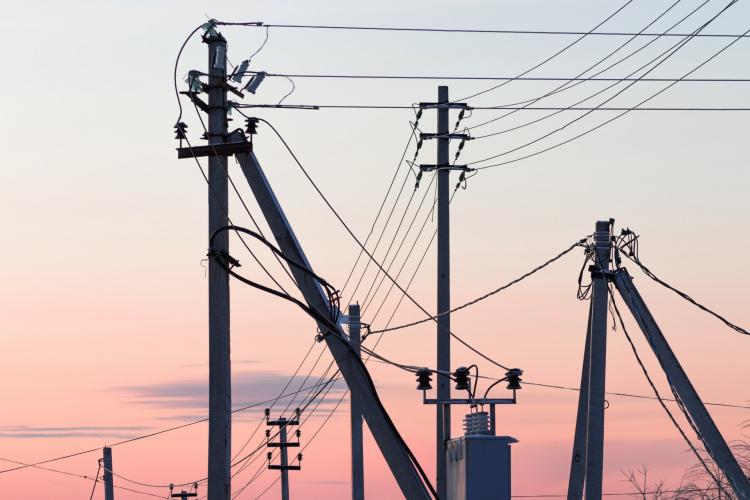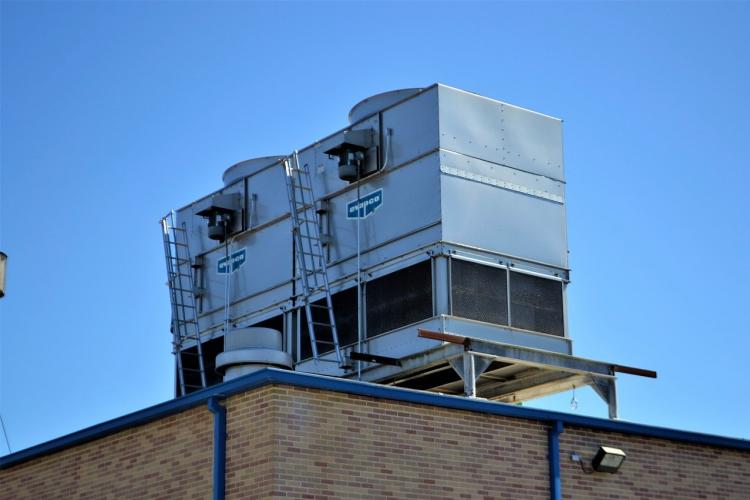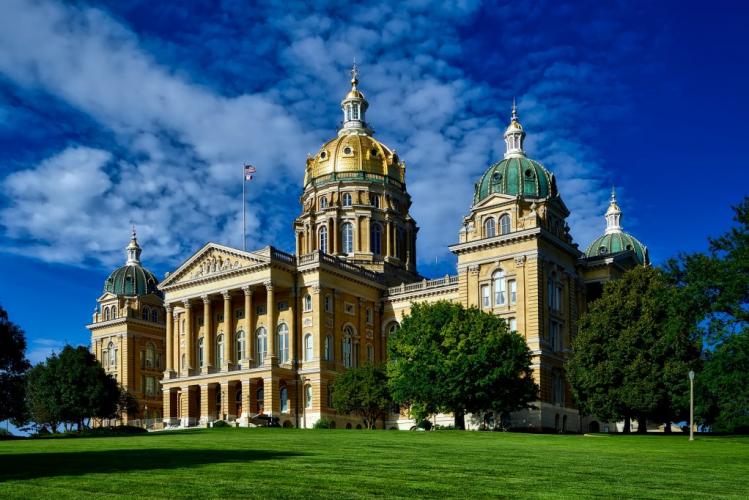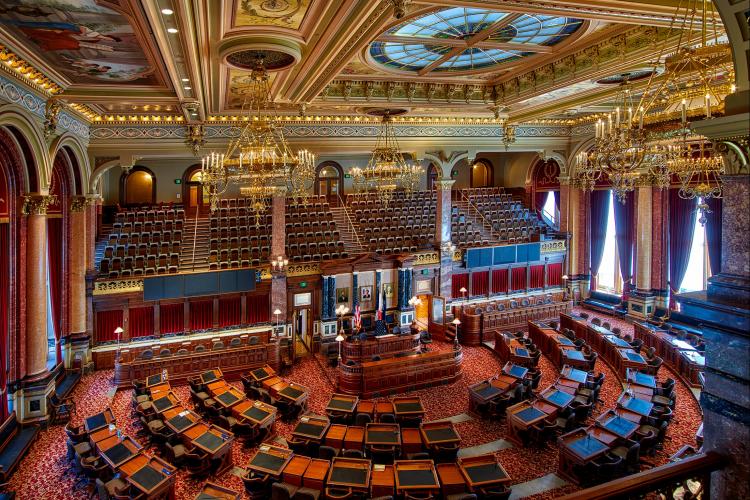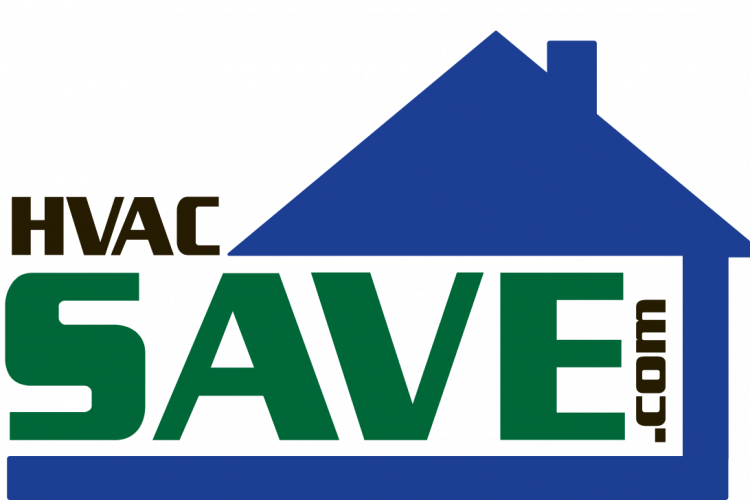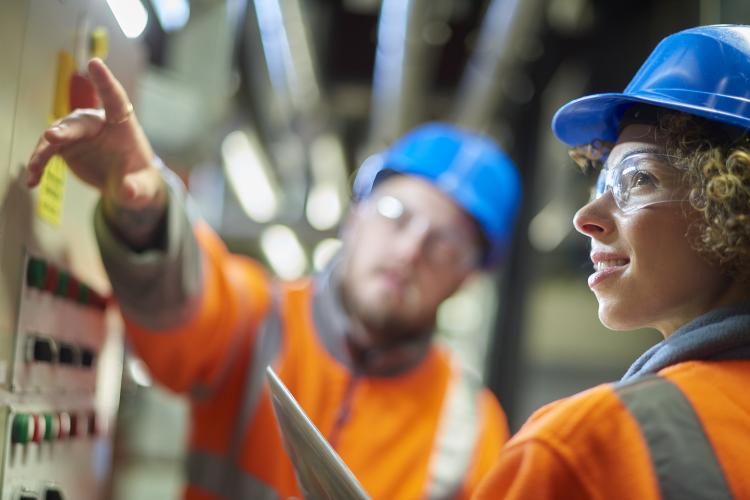Iowa
Shaping Iowa’s Energy Future: The Impact of Iowa’s Utility Policy Charrettes
Origins of the Iowa Utility Policy Charrettes
During the 2023 legislative session, Republican Iowa State Representative Lundgren raised concerns regarding Iowa’s ratemaking procedures, which had not been reviewed since 2004 despite significant changes made by the state legislature to utilities’ processes and regulations. In response, HF 617 was passed and signed into law by Governor Reynolds, mandating the Iowa Utilities Board (IUB) conduct an independent review. The IUB then organized three policy charrettes, or collaborative planning processes, where all interested parties contribute to the development of a master plan.
Efficiency Rundown in the U.S. Energy and Employment Report
It is imperative that opportunities to tackle climate change and create well-paying jobs in the United States exist concurrently. As the country’s economy changes and the prevalence of carbon-free energy sources grows, it has become increasingly important to understand how employment in the energy sector is also growing and changing. The U.S.
MEEA Research: New Report Demonstrates EE's Immense Value to the Region
Over the past 15 years, utility-run energy efficiency programming has produced significant energy savings, customer cost savings and a host of system-wide and societal benefits throughout the Midwest. Unfortunately, these benefits are not fully understood or recognized by many state legislators and other policymakers. As a result, MEEA and other energy efficiency industry experts must recurringly defend EE policies from those who misunderstand how efficiency is funded, its value and impact for utility customers and its widespread benefits within individual states and throughout the region.
The Building Operator Pathway Pilot
MEEA is proud to announce a partnership with the Energy Association of Iowa Schools (EAIS) and Southwestern Community College (SWCC) to pilot a two-year apprenticeship for high school students. The Building Operator Certification (BOC®) training curriculum will be utilized as part of the classroom component during the first year and a half of the program.
Benchmarking: How Des Moines is Establishing a New Baseline in the Midwest
Des Moines, Iowa joined the ranks of some of the most sustainability-conscious cities in the Midwest when the city council adopted a new benchmarking ordinance on June 3, 2019. The ordinance will require all city-owned buildings and privately-owned commercial and multifamily buildings larger than 25,000 square feet to report their energy and water usage to the city. Currently, large buildings in Des Moines account for 56% of greenhouse gas emissions, and this initiative will aid in the city’s goal of reducing their emissions 28% by 2025.
Iowa's EE Rollback Explained
On May 4, Iowa Governor Kim Reynolds signed Senate File 2311(SF 2311) into law, which will make significant changes to the way utilities drive customer energy savings programs within the state. Most notably, the bill caps utility investments in energy efficiency and created a broad opt-out provision for all customers.
Anti-EE Bill Advances in Iowa Legislature
Last week the Iowa House Commerce Committee passed Senate File 2311, a bill that will significantly alter the way utilities drive customer energy savings programs in Iowa. The bill has already passed the Senate and is now eligible to go to a debate on the House floor.
The Birth and Evolution of a Successful EE Program
In September, the U.S. Department of Energy’s Office of Energy Efficiency and Renewable Energy completed a case study profiling MEEA’s HVAC Savings Adjustment and Verified Efficiency (HVAC SAVE) program, which tells the story of how MEEA partnered with utilities in Iowa to launch a HVAC quality installation and quality maintenance program that has resulted in over 100,000 jobs and substantial energy savings.
